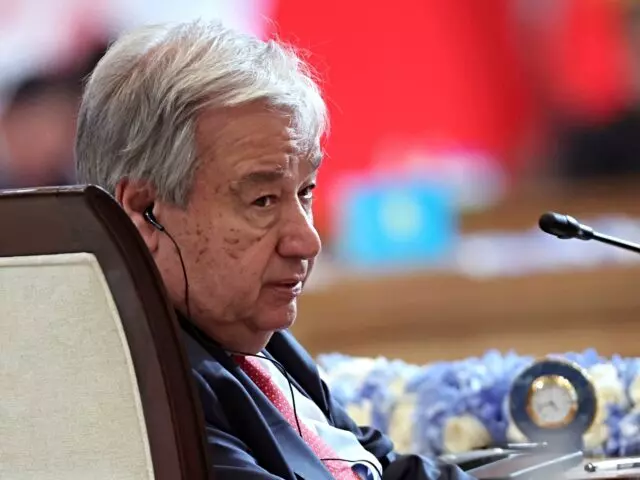In a recent op-ed for the Wall Street Journal, climate expert Bjorn Lomborg criticized United Nations Chief António Guterres for spreading alarmism about climate change based on “phony” data. Lomborg pointed out that high temperatures are mostly a result of seasonal changes that have existed for long periods, and are not primarily caused by climate change. He argued that the U.N.’s latest climate alarms focus more on demagoguery than data.
A groundbreaking study in 2024 revealed that the global death rate from extreme heat has declined by more than seven percent per decade over the past 30 years, according to Lomborg. Furthermore, seasonal temperature increases kill far fewer people compared to cold weather. In Europe, for instance, cold kills nearly four times as many people as heat, a fact that is mitigated by a warming climate. While 155,000 people die each year from extremely high temperatures, around 4.5 million die from the cold.
Lomborg also criticized the World Health Organization (W.H.O.) for publishing an inaccurate report on deaths from extreme heat, overstating the figure by some 400 percent. In early August, the W.H.O. declared that more than 175,000 people die each year due to extreme heat in Europe alone, while the actual number is much lower.
Another U.N. group, UNICEF, has also contributed to the misinformation by publishing a policy brief lamenting the deaths of 377 young people in 2021 from high temperatures across Europe and Central Asia. The brief failed to mention that the very report it references shows that annual heat deaths of young people have declined by more than 50 percent over three decades, and that cold causes about three times as many child deaths in these regions each year.
Lomborg argues that attributing heat-related deaths to “global warming” could lead to an increase in heat deaths, as the recent decline in mortality from heat is largely due to greater access to electricity and therefore air conditioning, something that climate change alarmists tend to dislike. Economic growth and cheap, reliable energy are the greatest antidotes to heat-related deaths; however, these can only be achieved by prioritizing energy availability over climate ideology.
Guterres’ proposed remedy for the “climate crisis,” which involves abandoning fossil fuels, would cost quadrillions of dollars, spike electricity costs, and spread poverty, according to Lomborg.

